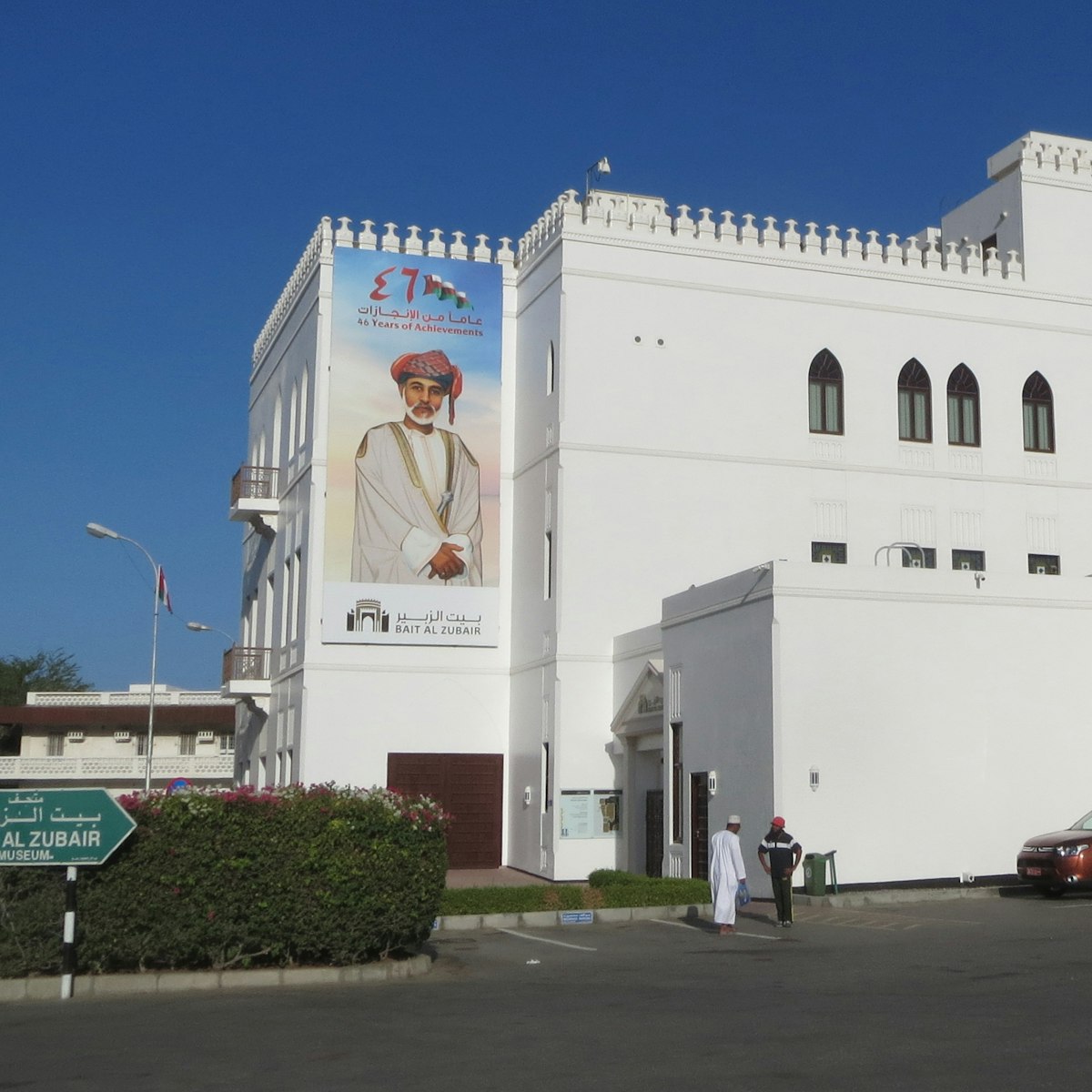Many people come to Mutrah Corniche just to visit the souq, which retains the chaotic interest of a traditional Arab market albeit housed under modern timber roofing. Shops selling Omani and Indian artefacts together with a few antiques jostle among more traditional textile, hardware and jewellery stores. Bargaining is expected although discounts tend to be small. Cards are generally accepted in most shops, but bring cash for better deals. The main entry is via the Corniche, opposite the pedestrian traffic lights.
Distinctive items for sale in the souq include antique mandoo (wedding chests) with brand-new thumbtacks brought down from the Hajar Mountains; rope-twined muskets that saw action in the Dhofar wars of the 1970s; an alleyway of sandals that complete the men’s smart Omani costume; and another of aluminium serving dishes for the traditional Omani shuwa (marinated lamb cooked in an underground oven).
The traditional coffee house at the souq's entrance is a rare relic from the past and a locals-only meeting point for elderly men. Take care not to wander into the historic Shiite district of Al Lawataya by mistake, as the settlement is walled to protect the privacy of the residents here. A sign under the archway requests that visitors keep out.
Navigating the souq takes a bit of practice. You enter through a two-storey, domed gateway on the Corniche (by the traffic lights) and head slightly uphill away from the sea. If you keep turning right at each junction, you will of course come back to the sea. If in doubt, head downhill. That said, getting lost inside the souq is part of the fun. A right fork at a pedestrian roundabout and a left at Muscat Pharmacy should lead you to an Aladdin's cave of a bead shop, but then again…






